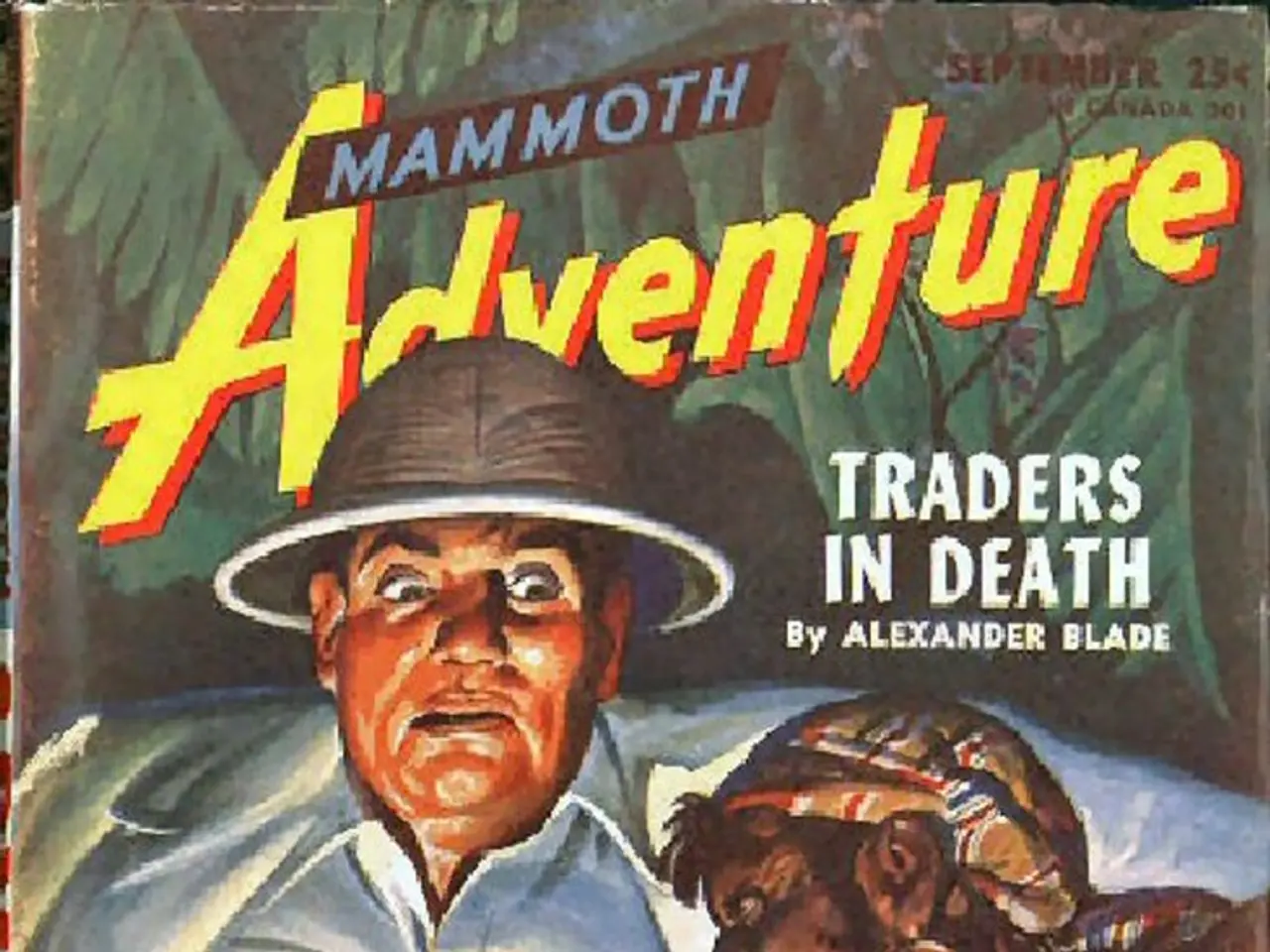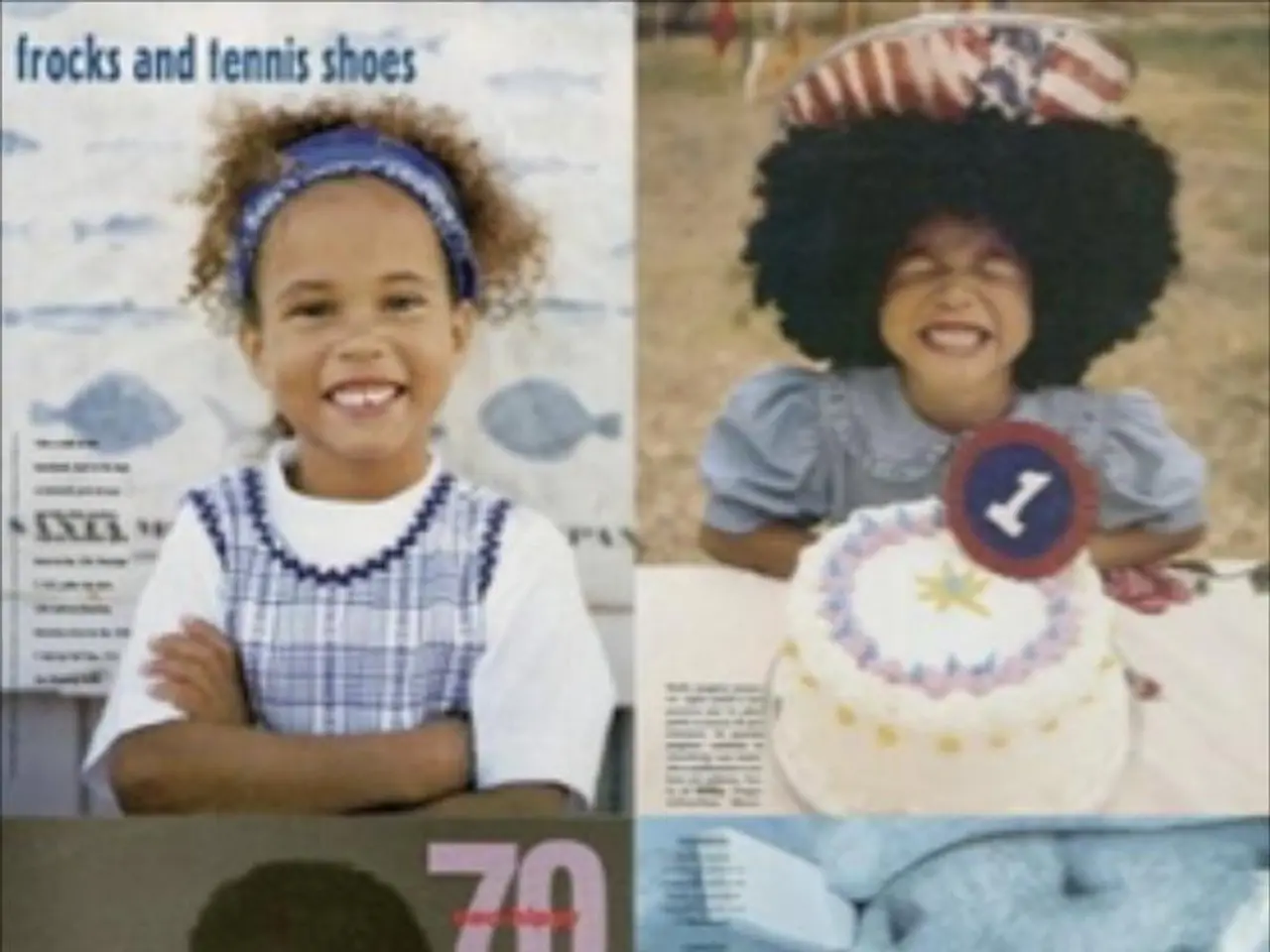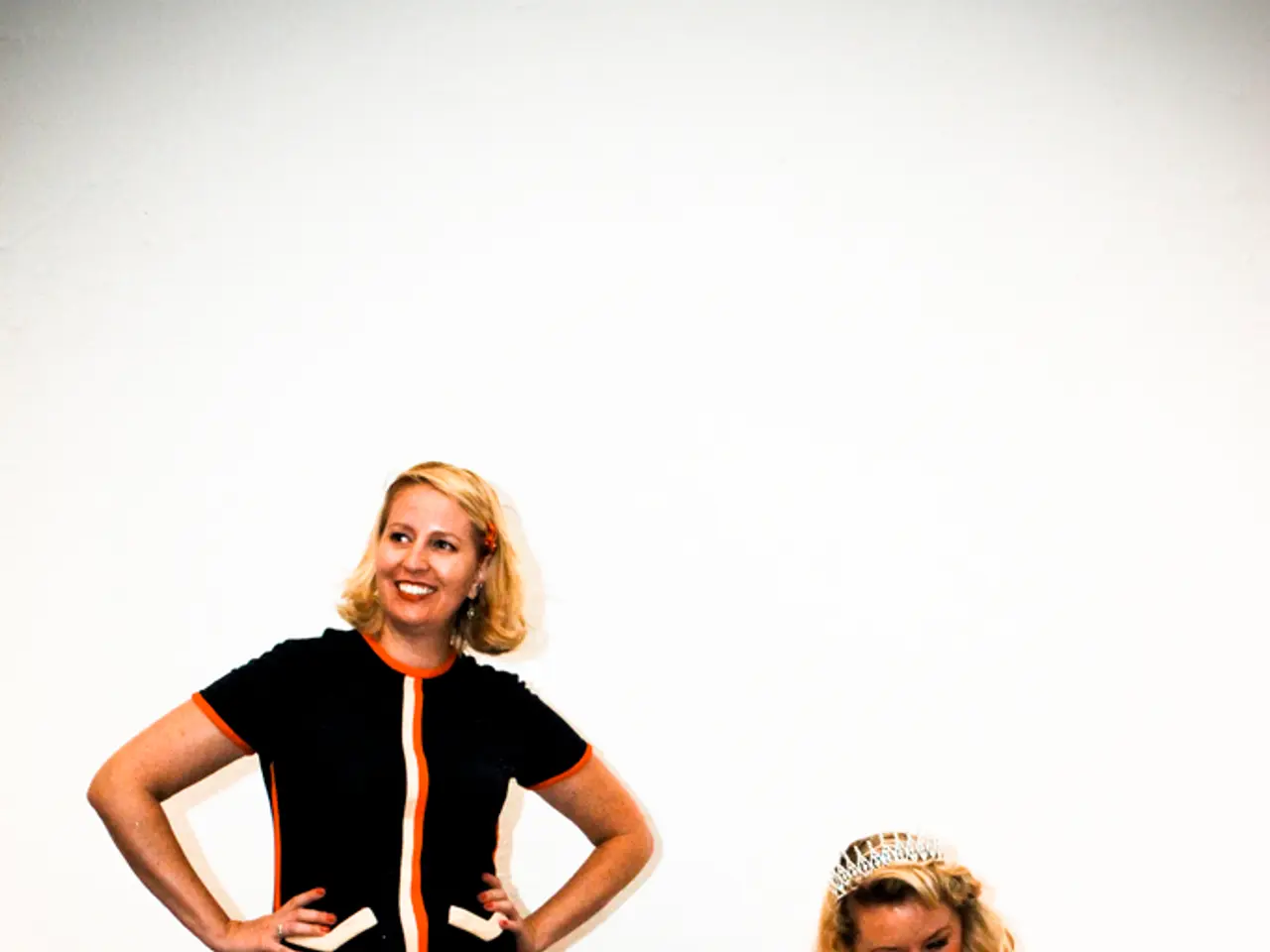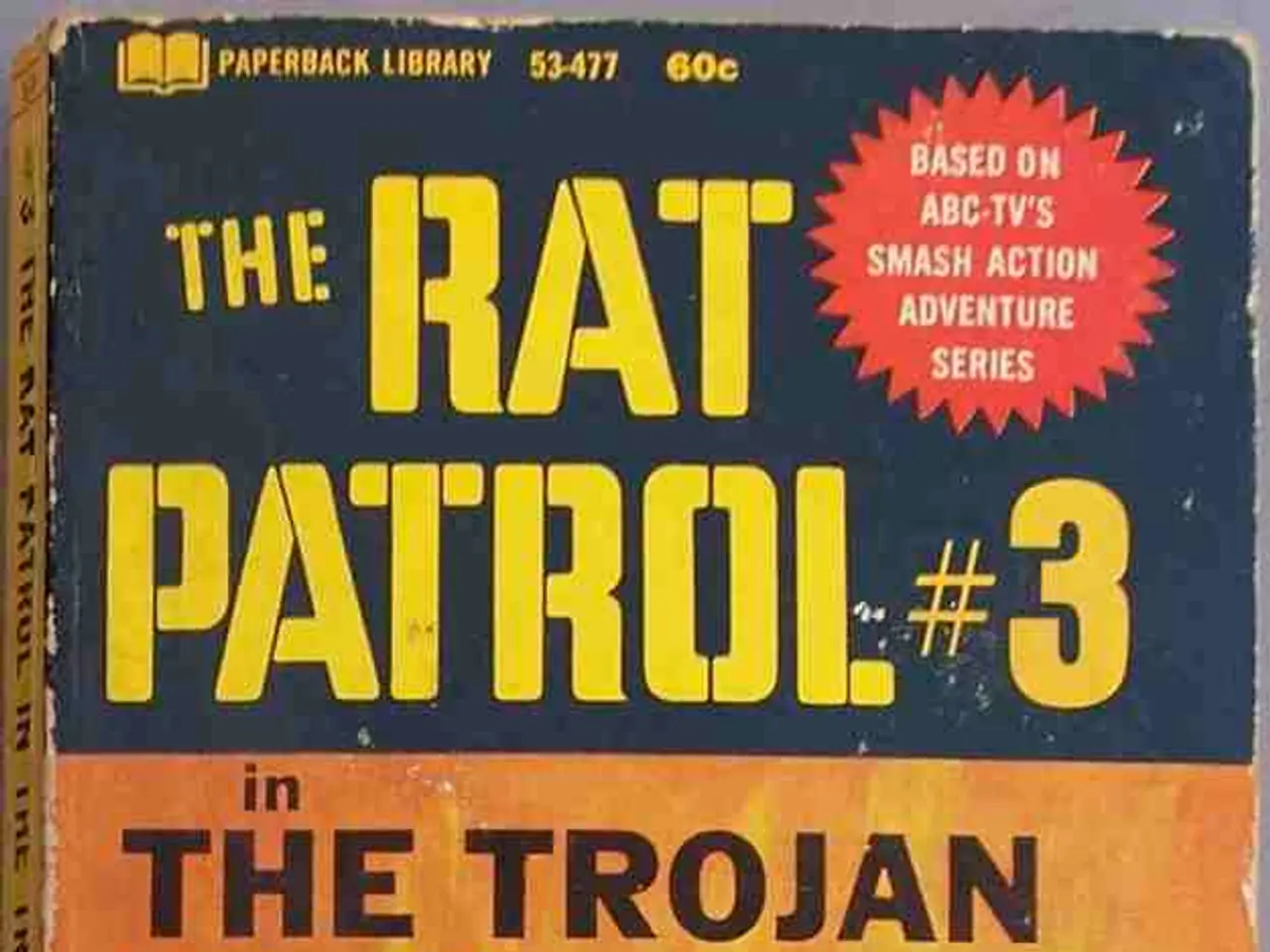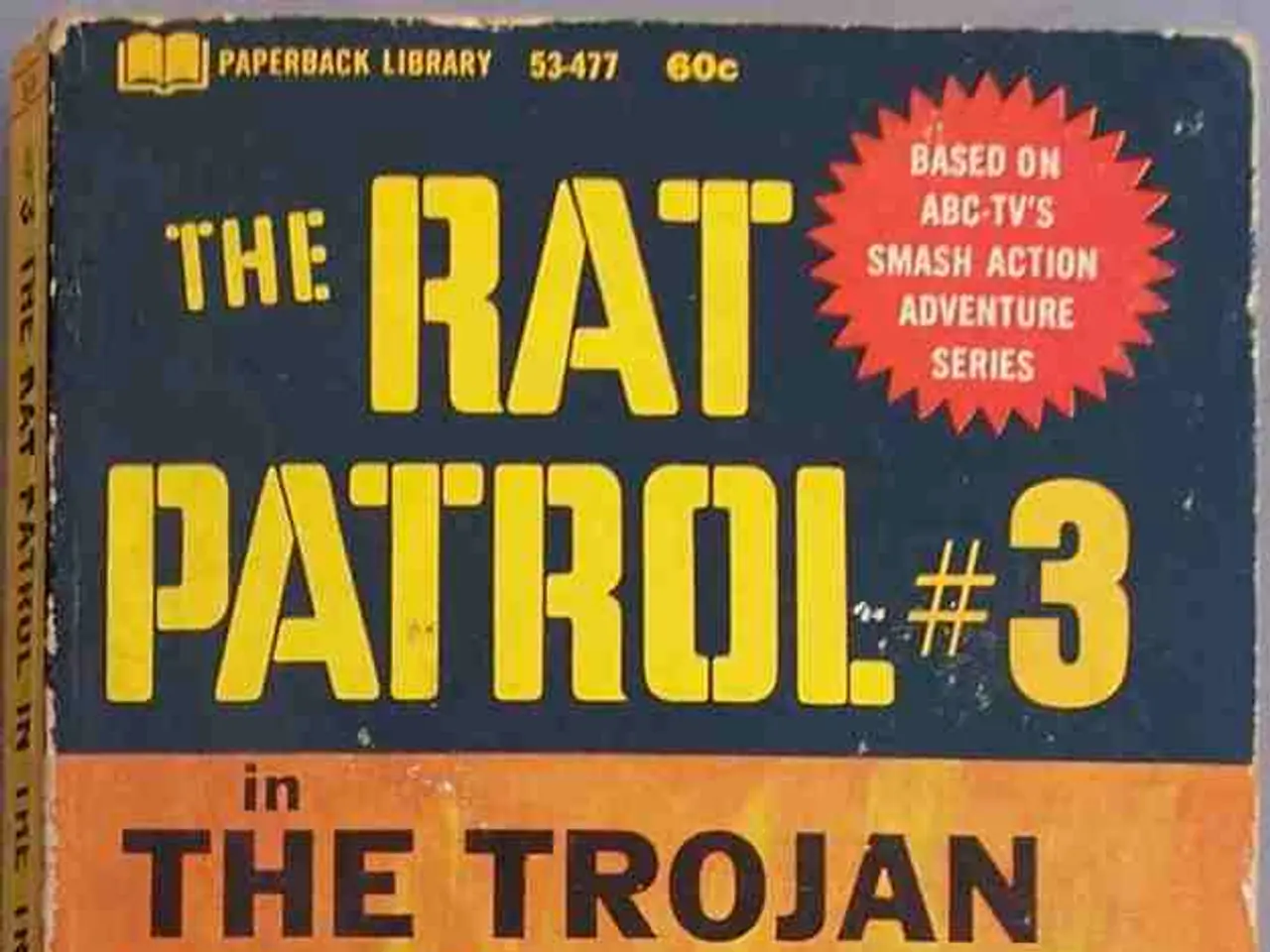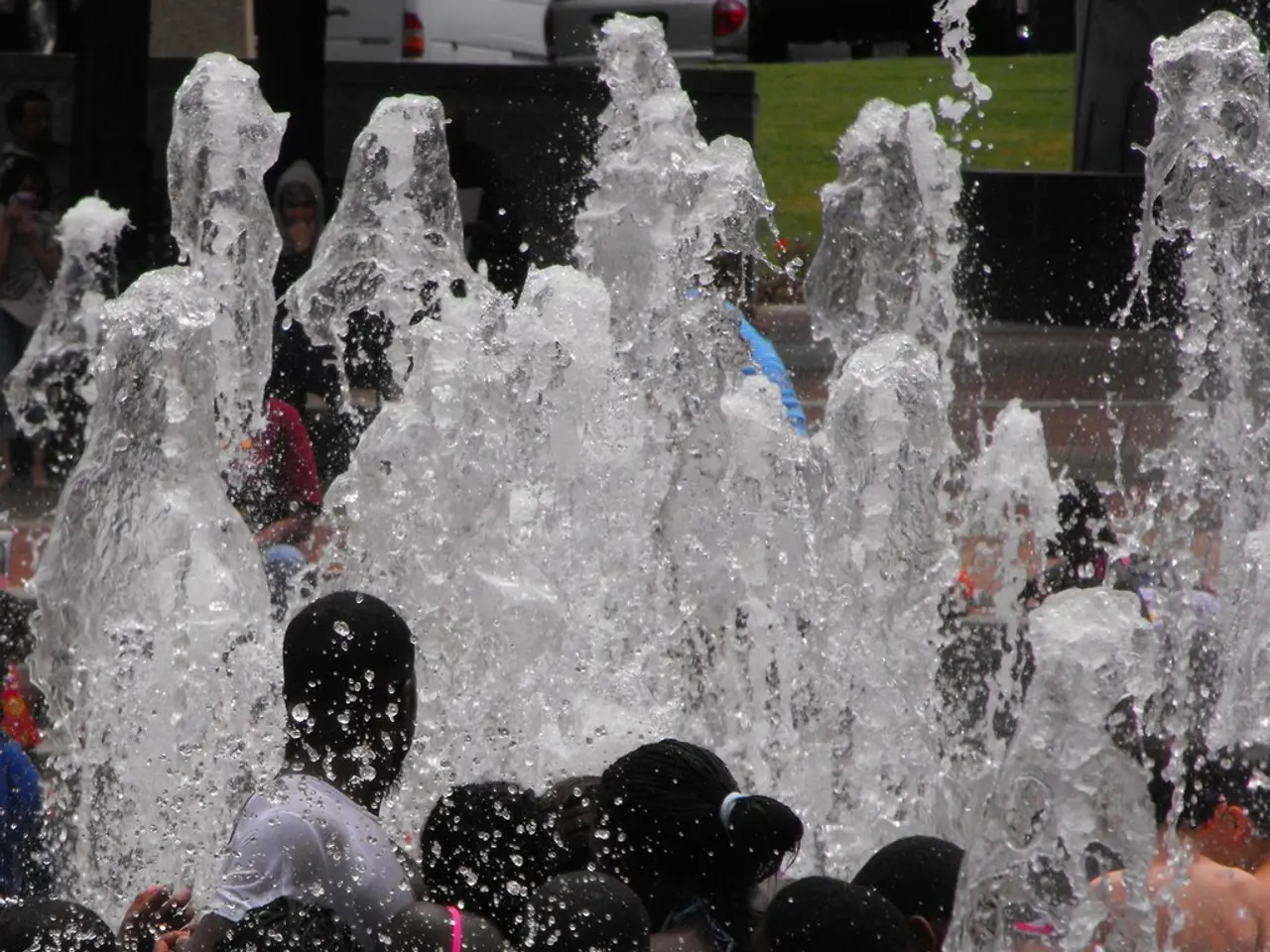Debating Insults: tracing back the roots of modern rap battles to medieval disputes
In the heart of medieval Scotland, a unique literary practice thrived - Flyting, a competitive exchange of poetic insults between two poets, showcasing wit, rhetorical skill, and poetic talent. This tradition, often performed publicly, was a form of entertainment and social interaction that reflected the culture's appreciation for sharp verbal repartee and linguistic creativity.
The Flyting of Dunbar and Kennedy is one of the most renowned examples of this medieval Scottish tradition. Composed in the early 1500s, the poem saw poets William Dunbar and Walter Kennedy engage in a verbal duel, trading sharp, humorous insults, even mocking linguistic differences between Scots and Gaelic speakers. This poetic exchange was performed for King James IV of Scotland, with Dunbar listing all of Kennedy's defects in detail, from his highland origins to personal accusations of cowardice, treachery, and venereal disease.
Flyting served as a means of competition for attention at court and a way to influence public opinion of the participants, raising both of their profiles. The poems might have been posted in public squares, such as Market Cross in Edinburgh, for public viewing.
While the tradition of flyting can be traced back to at least the epic poem "Beowulf," it was not as connected to earlier Old English or Norse verses or later poetic insults like rap battles as previously thought. Instead, it emerged as a distinctly Scottish literary practice, embodying the cultural tensions between the Gaelic-speaking Highlanders and Scots-speaking Lowlanders.
In many ways, flyting shares similarities with modern forms of verbal competition, such as rap battles. Like flyting, rap battles involve improvisational or pre-composed verbal dueling, where participants use rhythm, rhyme, wit, and insult to outperform their opponent in front of an audience. The structured poetic insults and theatrical presentation of flyting provide a historical lens on the performative and competitive aspects of verbal art that persist today in hip-hop and similar cultural practices.
Interestingly, "The Flyting of Dunbar and Kennedie" is the first known instance of a poop-related insult and the F-word in courtly poetry. This, along with other explicit content, suggests that flyting was not always a polite affair, but rather a form of entertainment that pushed the boundaries of acceptability.
The Protestant Reformation put an end to flyting in Scotland and England, marking the decline of this medieval tradition. However, the spirit of flyting lives on in modern forms of competitive, performative verbal expression, such as in the YouTube channel "Epic Rap Battles of History," which features rap battles between historical figures.
In Rick Riordan's "The Ship of the Dead," the main character, Magnus Chase, even engages in a flyting with the Norse god Loki, showcasing the enduring appeal of this medieval Scottish tradition. As we continue to appreciate and enjoy the art of verbal jousting, it's fascinating to look back at the roots of these practices and understand their historical significance.
Pop-culture today, such as rap battles, has roots in the medieval Scottish tradition of Flyting, where poets like Dunbar and Kennedy engaged in poetic exchanges that were a form of entertainment and a reflection of pop-culture in medieval Scotland.
Interestingly, "The Flyting of Dunbar and Kennedie" is the first known instance of a poop-related insult and the F-word in courtly poetry, showcasing the boundary-pushing nature of this form of entertainment that continues to influence modern pop-culture.
